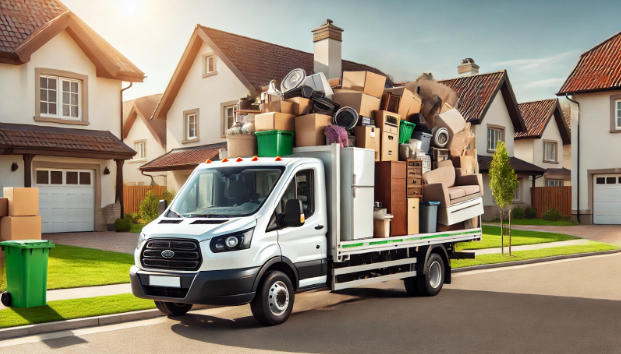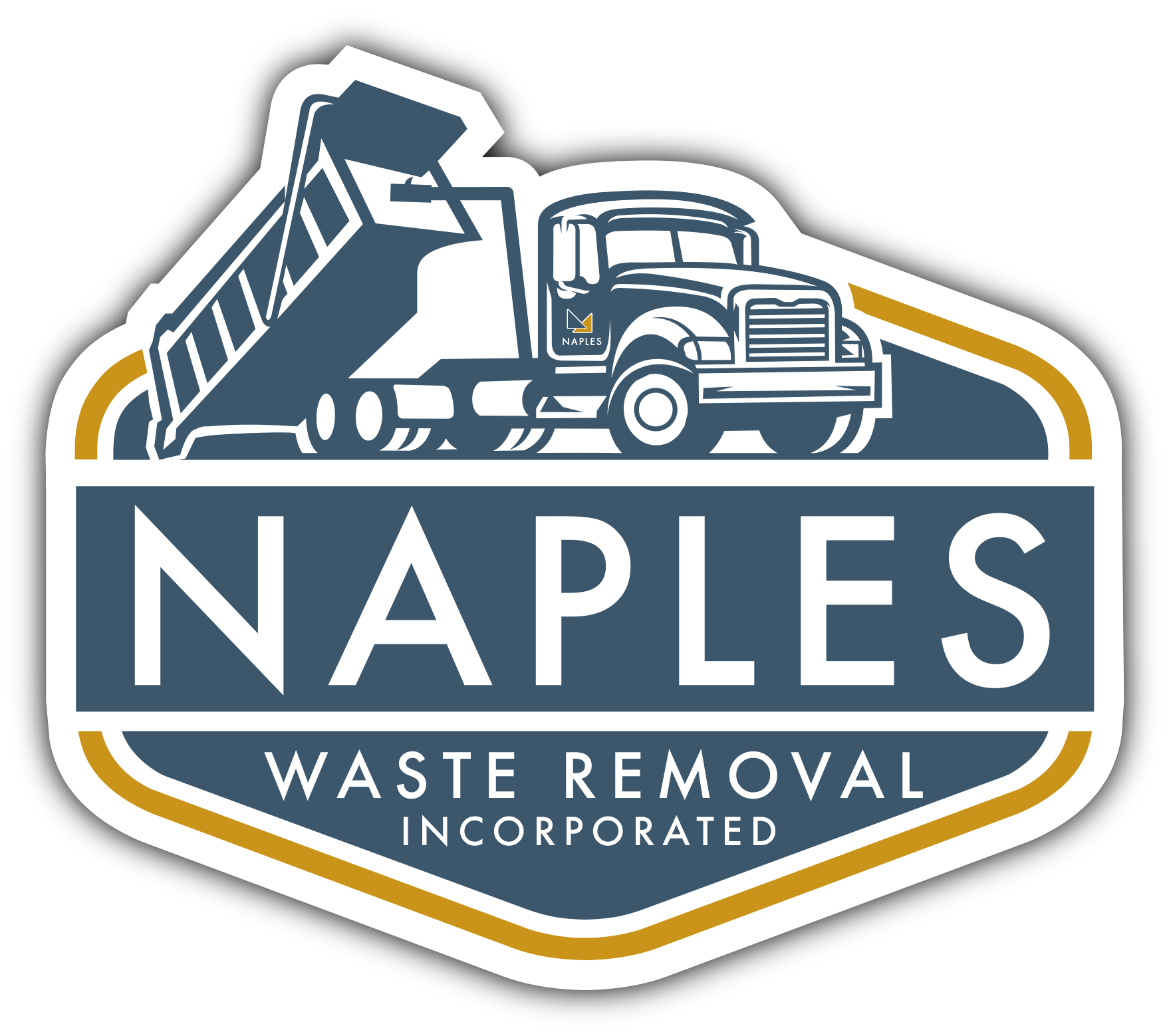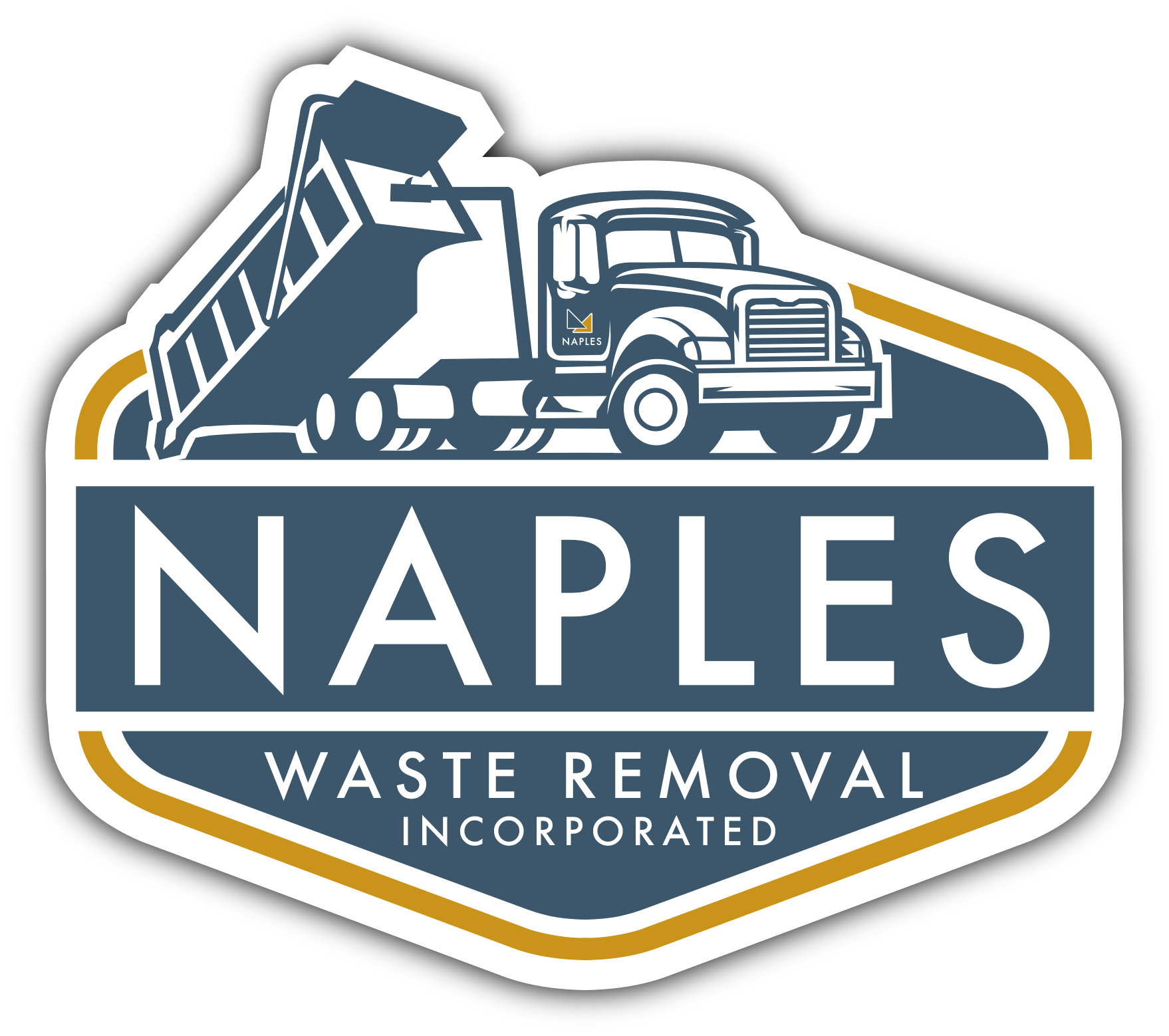
How to Safely Dispose of Household Junk
We’ve all been there — a garage packed with unused items, or a closet overflowing with things we’ll “eventually” sort. Over time, household junk builds up, creating clutter and sometimes even safety hazards. But knowing the best ways to dispose of
household junk isn’t always straightforward. In this guide, we’ll cover everything from easy disposal options to
eco-friendly
tips, helping you clear out your space responsibly and with ease.
Why Proper Household Junk Disposal Matters
Before we dive into the “how,” let’s talk about the “why.” Disposing of junk properly isn't just about keeping a clean home; it also affects our environment and community. Mismanaged junk can end up in landfills or, worse, illegally dumped, causing pollution and health hazards. By disposing of items thoughtfully, you’re contributing to a cleaner and healthier planet.
Sorting Your Household Junk
The first step in effective junk disposal is sorting. Not everything has to go to the trash; many items can be recycled, donated, or even sold. Here’s a quick rundown:
- Donate: Items in good condition like furniture, clothes, and books.
- Recycle: Electronics, paper, plastic, and glass.
- Sell: Larger items or collectibles can be sold locally or online.
- Trash: Broken items that can't be recycled or repaired.
Organizing your items into these categories makes the process smoother and ensures that nothing reusable ends up in the trash unnecessarily.
Best Ways to Dispose of Different Types of Household Junk
Not all junk is created equal. Here’s how to handle some of the most common types of household waste:
- Furniture Disposal:
Large items like sofas or tables can be challenging to dispose of. Options include donating to charities that accept furniture, selling online, or hiring a junk removal service to pick it up. - Appliance Disposal:
Old appliances often contain hazardous materials. Many cities offer specific recycling programs for appliances, or you could use a junk removal service that recycles. - Electronic Waste (E-Waste):
Electronics shouldn’t go in regular trash because they contain harmful chemicals. Look for e-waste recycling programs in your area or contact your city’s waste management. - Textiles and Clothing:
Most clothing can be donated if it’s in good shape. Worn-out items can be dropped off at recycling bins for textiles, which some retailers and cities provide. - Hazardous Waste:
Products like paint, batteries, and cleaning chemicals need special handling. Check your city’s waste disposal guidelines, as they often have specific drop-off events or locations.
Local Disposal Options and Resources
Each community has its resources for junk disposal. Here are a few common options:
- City Services: Most cities offer regular bulk trash pickup or have specific days for large items. Check your city’s website for the schedule.
- Donation Centers: Charities like Goodwill, The Salvation Army, and Habitat for Humanity accept household items in good condition.
- Recycling Centers: Many areas have recycling centers for electronics, hazardous waste, and large items.
- Junk Removal Services: Hiring a junk removal company can be convenient for bulk items or if you lack transport. They’ll ensure items are disposed of responsibly.
| Type of Junk | Best Disposal Method | Additional Info |
|---|---|---|
| Furniture | Donate or hire a junk removal service | Some charities accept pick-up. |
| Appliances | Recycle or junk removal service | Check for hazardous materials. |
| E-Waste | Local e-waste program | Avoid putting electronics in trash. |
| Textiles/Clothes | Donation bins or textile recycling | Retailers sometimes offer discounts. |
| Hazardous Waste | City-run hazardous waste drop-offs | Schedule varies by location. |
Tips for an Eco-Friendly Junk Disposal
Disposing of junk responsibly is great, but going a step further can make it eco-friendly. Here are some tips:
- Repurpose Items: Before tossing, consider if an item can be repurposed. For example, glass jars can be used for storage, and old T-shirts can become cleaning rags.
- Use Minimal Plastic: When packing items for disposal, avoid single-use plastics. Use reusable containers or biodegradable bags.
- Opt for Donation Over Disposal: Many items can find a new home. If you’re unsure, donate instead of throwing away.
- Choose a Green Junk Removal Service: Some junk removal services focus on recycling and eco-friendly disposal. Check if your local provider offers these options.
FAQs on Household Junk Disposal
Q1: What should I do with broken electronics?
A: Broken electronics should go to e-waste recycling centers. Many stores and cities offer recycling programs to handle e-waste responsibly.
Q2: Can I leave old furniture on the curb?
A: Some cities allow curbside pickup of large items on specific days, but it’s best to check with your local waste management.
Q3: What are the penalties for illegal dumping?
A: Penalties vary by city but can include fines and community service. Dumping junk illegally damages the environment and risks public health.
Q4: Are there specific disposal rules for old paint and chemicals?
A: Yes, hazardous waste like paint and chemicals should be taken to designated disposal centers. Avoid mixing these items with regular trash.

Naples Waste Removal is committed to providing affordable dumpster rentals, property clean-outs, junk removal and demolition services.
Menu
All Rights Reserved | Naples Waste Removal
